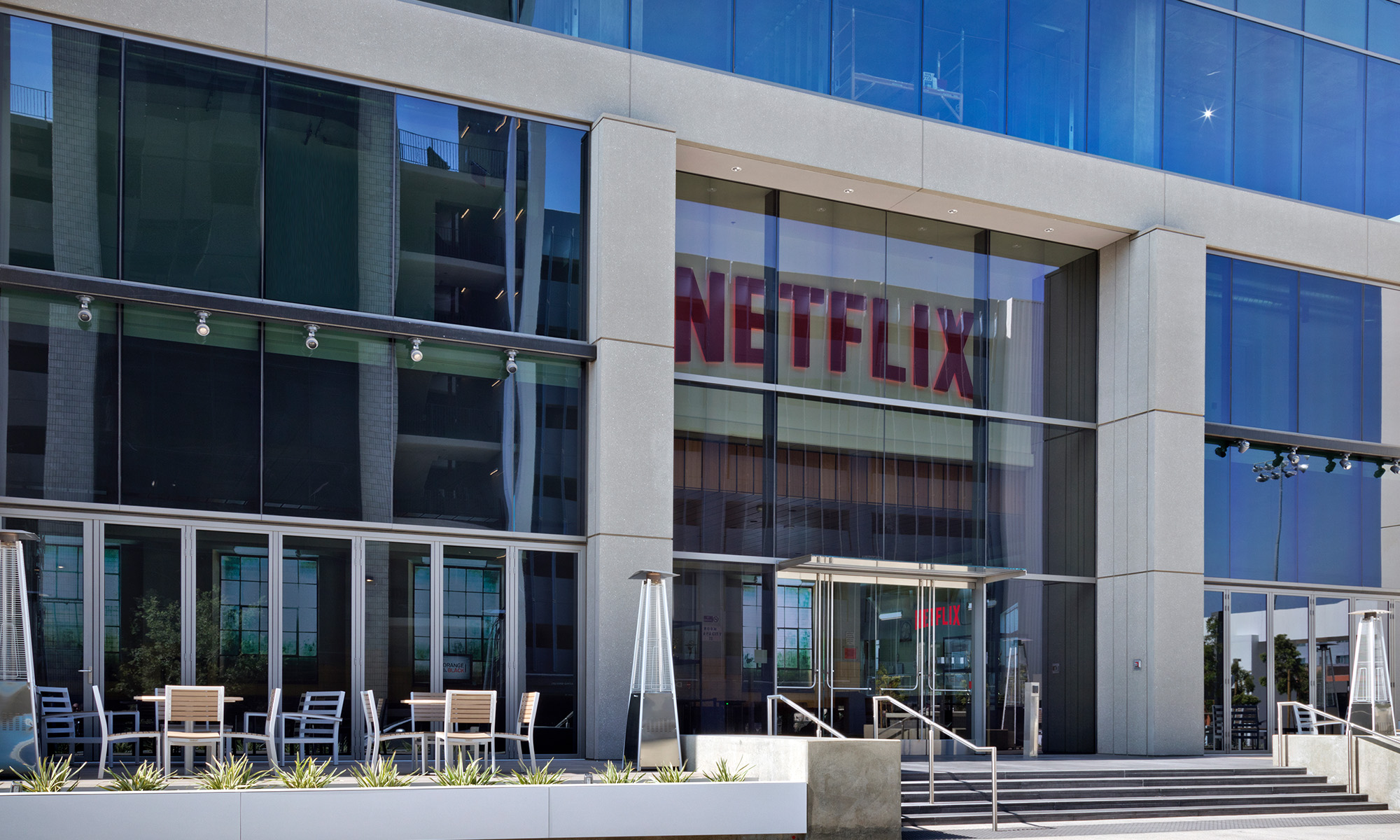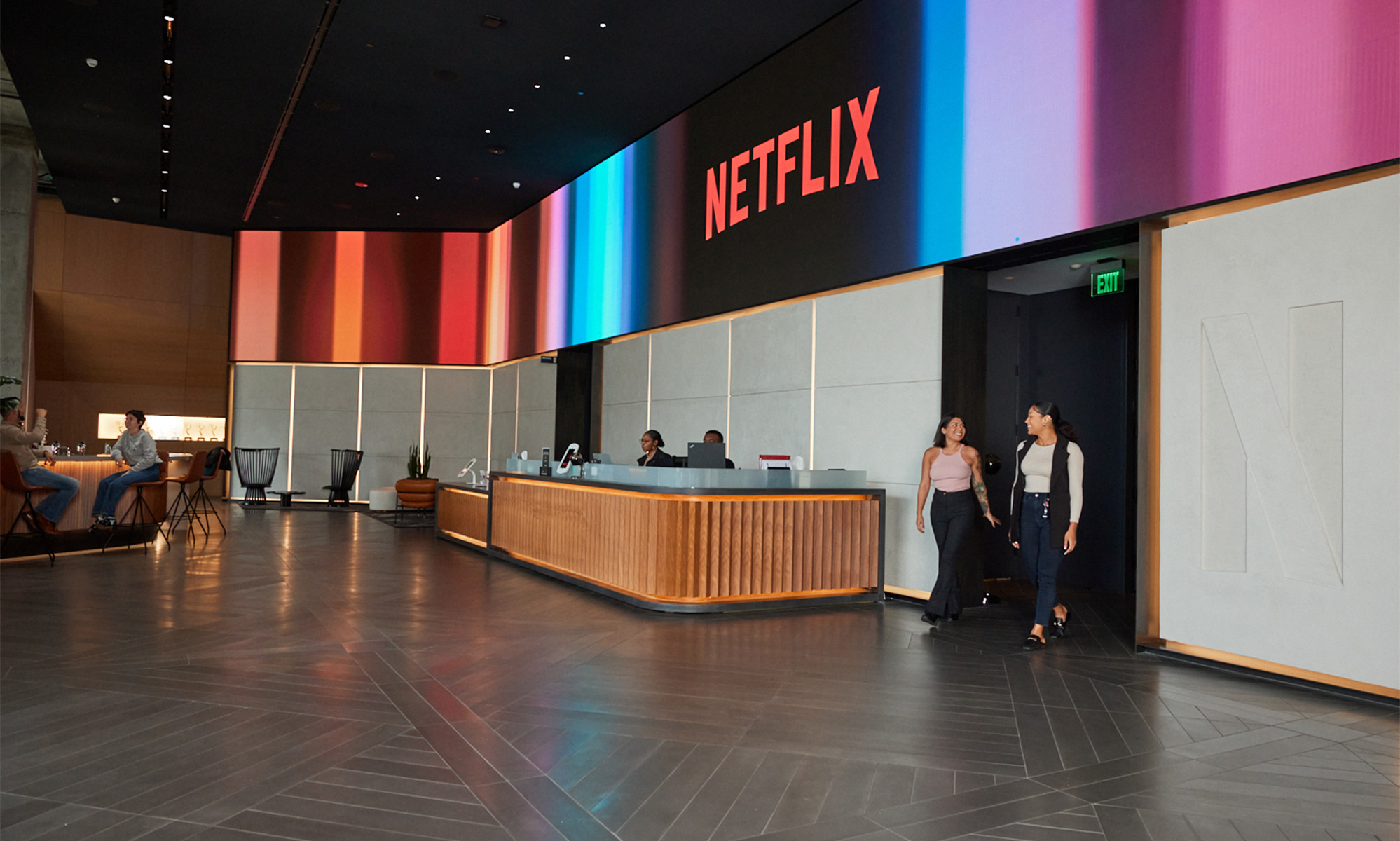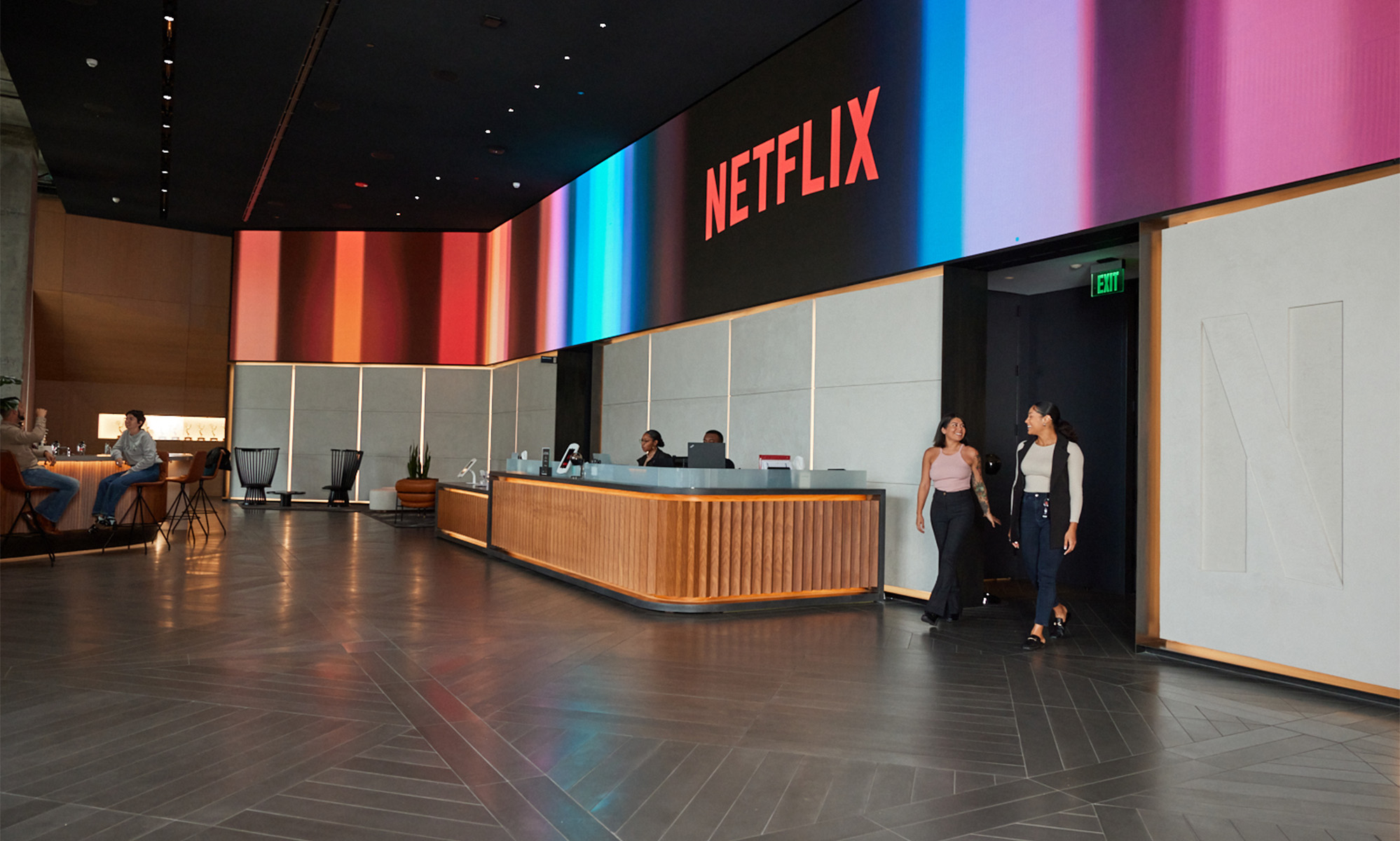Comcast (CMCSA +0.15%) customers, complaining of slow Netflix (NFLX +3.17%) videos, are getting some relief this week after the two companies came to an agreement on Sunday to establish a direct connection between the content provider and the ISP.
Since October, the average speed of Netflix video delivered to Comcast subscribers fell from 2.07 Mbps to 1.51 Mbps in January. By working directly with Comcast to provide transit for Netflix's data, Netflix subscribers should see that number return to normal. Similar deals are expected with Verizon (VZ +0.10%), which has seen Netflix speed fall nearly 20% since October, and AT&T (T 0.09%) -- 15%.
These deals are mutually beneficial for Netflix and the ISPs.
The Internet is not ending!
A federal appeals court may have overturned the FCC's regulations enforcing net neutrality last month, but the agreement between Netflix and Comcast doesn't violate those regulations. Net neutrality deals with the treatment of data once it reaches the last mile. In fact, the FCC specifically exempts peering arrangements.
Moreover, it should be noted that numerous other Internet giants have similar agreements with Comcast -- Google and Facebook chief among them. These companies send large amounts of data across ISP networks and rely on quick delivery for their products. Netflix is no different.
Netflix has been able to convince several ISPs to use its Open Connect program, which puts Netflix's caches inside ISP networks and theoretically improves streaming abilities. Open Connect enrollment doesn't come with a service-level agreement, however, which guarantees a certain level of service. The deal with Comcast, on the other hand, will provide Netflix with an SLA. That said, the companies that use Open Connect -- Google Fiber, Cablevision, and Suddenlink -- are at the top of Netflix's ISP Speed Index.
Most ISPs won't join Open Connect
While Netflix offers access to Open Connect for free, gladly placing its cache in the ISP's network, it could cost ISPs much more. It's no secret that most ISPs also offer video services and their own over-the-top services like video on demand. Netflix is seen as a competitor to these services, so ISPs don't have much interest in facilitating Netflix's traffic for free.
So instead, Netflix is left to rely on third party CDNs and its own growing in-house CDN to deliver content the last mile. The problem is sometimes there's a bottleneck in data delivery to the ISPs network. It could be the CDN; it could be the connection between the ISP and the CDN; or it could be the ISP's capacity to handle the incoming data.
ISPs like Comcast, Verizon, and AT&T and CDNs like Limelight Networks and Level 3 Communications believe they are providing good-enough service for their customers, and they have an interest in providing nothing more than good-enough service. If the service wasn't good enough, customers would find another provider that was good enough.
The return on improving service just isn't worth the investment. If Netflix wants better data delivery it needs to work with ISPs to get it -- and that's exactly what it's doing.
A win-win-win
Netflix likely won't see a significant financial impact from the deal with Comcast. It's simply bypassing Cogent Communications, which had been Netflix's bandwidth provider. Peering agreements with AT&T and Verizon will transfer costs similarly. Moreover, dealing directly with the ISP will likely give Netflix better service by allowing for more network connection points.
On the other end, Comcast is getting paid to improve its service and is playing nicely with Netflix, which will look good as it seeks regulatory approval for its buyout of Time Warner Cable. Other large ISPs like Verizon and AT&T may also receive deals that will help improve their ability to serve Netflix streams, but it's unclear if smaller providers will strike similar deals. They may have to resort to agreeing to use Open Connect, as Netflix won't see as large of a return from smaller providers.
For Comcast and Netflix subscribers, they should see their videos load faster now, which is a win-win-win for everyone.









